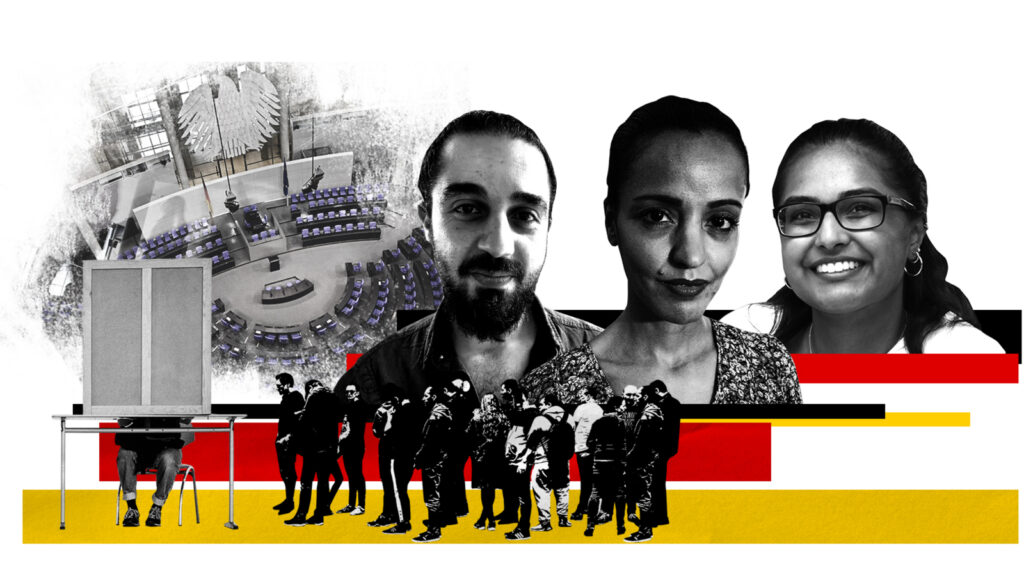Why millions of German residents can’t vote

Berlin (CNN) — “We can do it!”When tens of thousands of desperate migrants made the treacherous journey to Europe in the summer of 2015, some leaders responded by closing their nations’ borders.But Angela Merkel chose a different option, throwing open Germany’s doors to more than 1.4 million asylum seekers, and calling on her countrymen and women to welcome them in.It is regarded by many as the defining moment of Merkel’s 16 years in power; within the space of a few months, Germany became home to the world’s fifth largest refugee population.More than five years on, meaningful integration remains a problem here. 11.4 million of Germany’s total population of 83.1 million are foreigners, of whom nearly 5 million are citizens of the European Union and have the right to vote in EU and some local elections.But as many as one in seven German residents — about 14% of the population — cannot vote in federal elections, according to MigLoom, a charity that campaigns for the rights of the country’s migrants. Obtaining German citizenship is a notoriously long and complicated process. According to Germany’s Federal Ministry of the Interior, a person must live legally in Germany for at least seven years, learn German, pass a naturalization test, and may in many cases have to renounce any previous citizenship — a potential obstacle for those who want to keep ties with their birth nation. ‘Every decision is happening over our heads’ On the outskirts of Germany’s financial capital, Frankfurt, lies one of the country’s most diverse cities. Offenbach has an immigrant population of 63.9%, according to its city council. But local politician Hibba-tun-noor Kauser says the municipal government that runs Offenbach looks nothing like the multi-ethnic city she calls home. Prior to spring 2020, immigrants with German citizenship made up less than 10% of Offenbach council, according to Kauser. The 22-year-old student says this drove her to stand for election. “It’s a huge problem,” she told CNN. “The government is supposed to reflect the population, but it doesn’t.” Almost 37% of residents here — that’s every third person in Offenbach — are unable to vote because they do not hold German citizenship. Kauser believes that poses a big problem. “Every decision is happening over our heads, over the heads of people who cannot vote, over the heads of marginalized groups,” she says. In March, Kauser was voted onto Offenbach’s 72-person council at an election that saw the proportion of immigrants with German citizenship serving as councilors rise to almost 20%. She says it was a huge upset for the city’s mostly white and male career politicians — and gave fresh representation to a marginalized majority. “It was very overwhelming,” she says. “But my community still counts on me. It’s a very big responsibility and I take it very seriously.” Activists say the long, bureaucratic application process to acquire citizenship means many immigrants work, live and pay taxes for years here without political representation. They sometimes struggle with the paperwork, fees and have to hire third parties to help.Kauser’s parents, who have lived and worked in Germany for more than two decades since moving there from Pakistan, are among those disenfranchised because of their lack of German citizenship. Their story is commonplace; many in similar positions feel a deep sense of exclusion. But beyond the paperwork and the legal hurdles, being able to take part in the democratic process of their new home feels like an impossible dream for many immigrants. “Many people don’t even know they can participate, so I tell them how they can do it and why they should do it,” Kauser says. “I want to motivate and empower them.”




